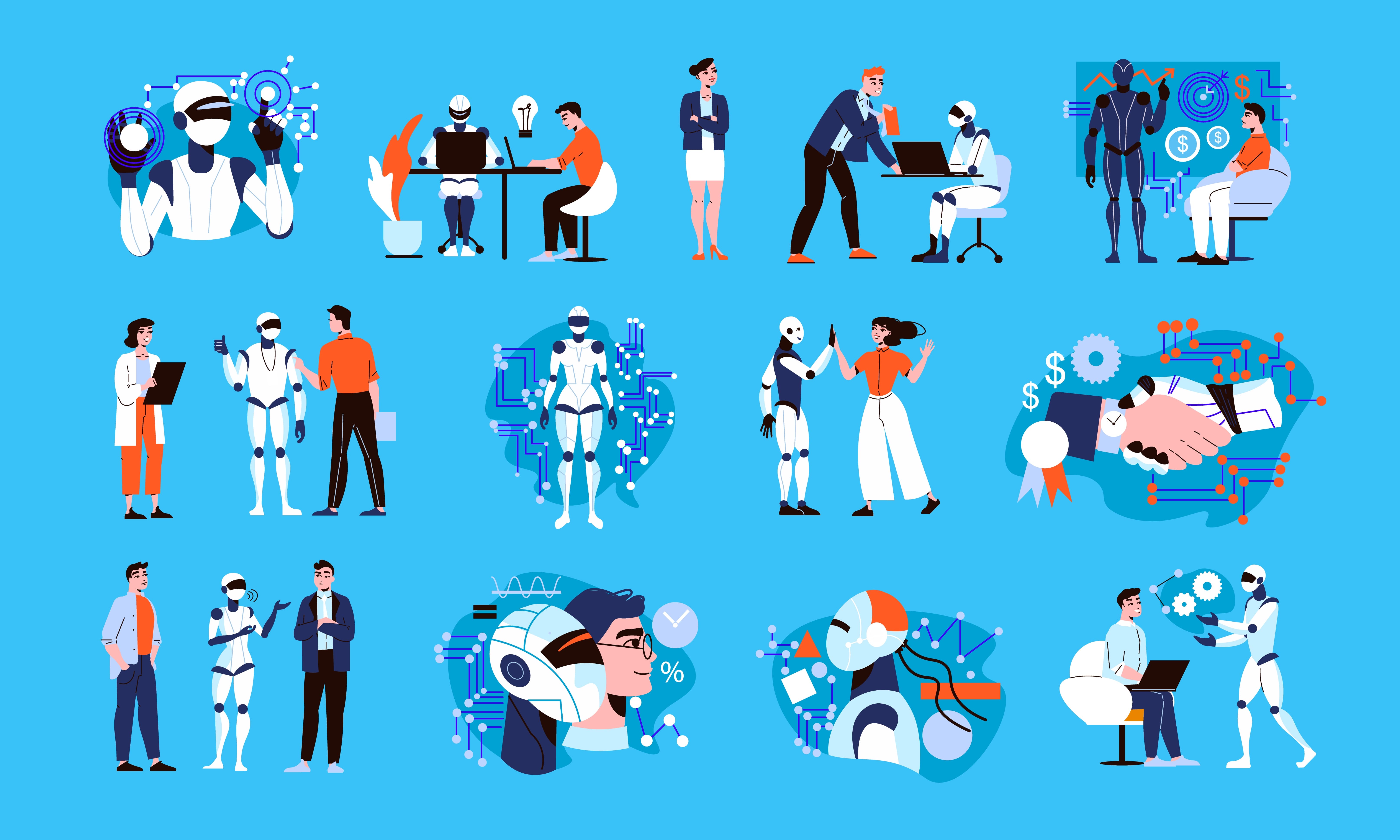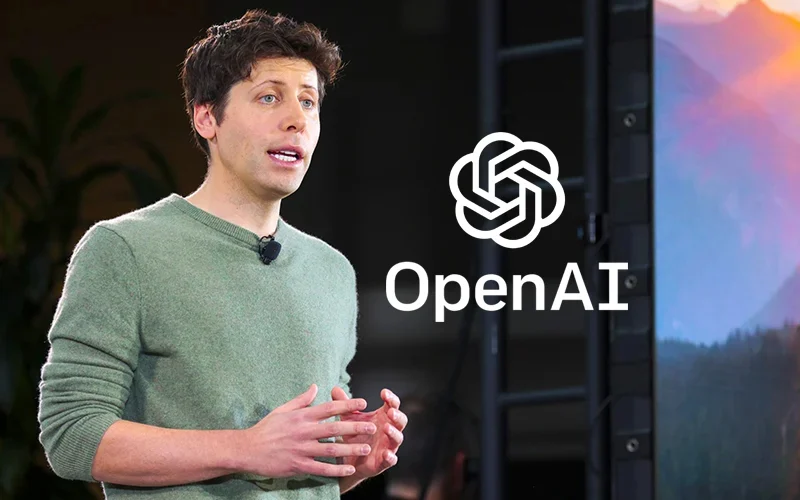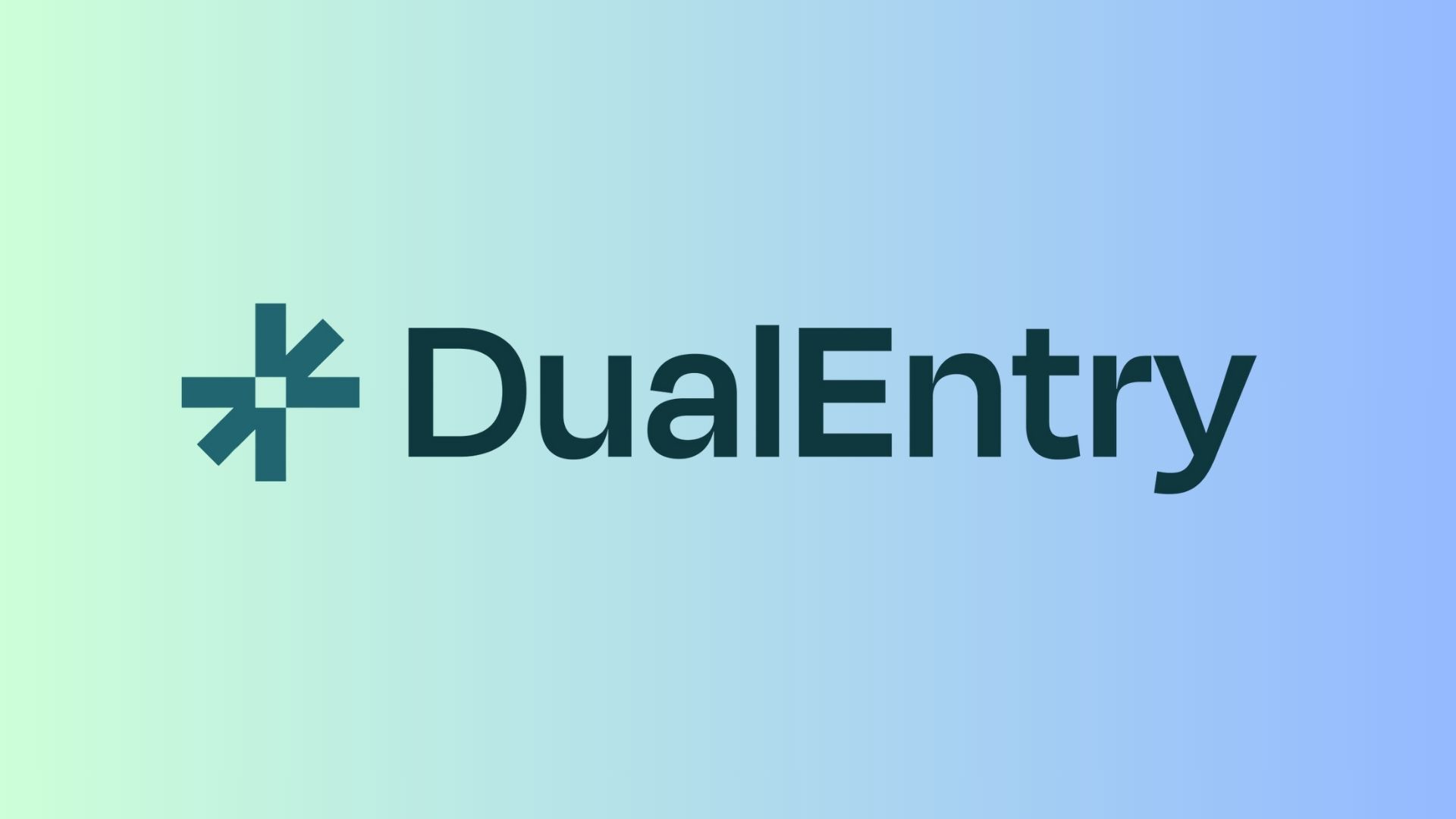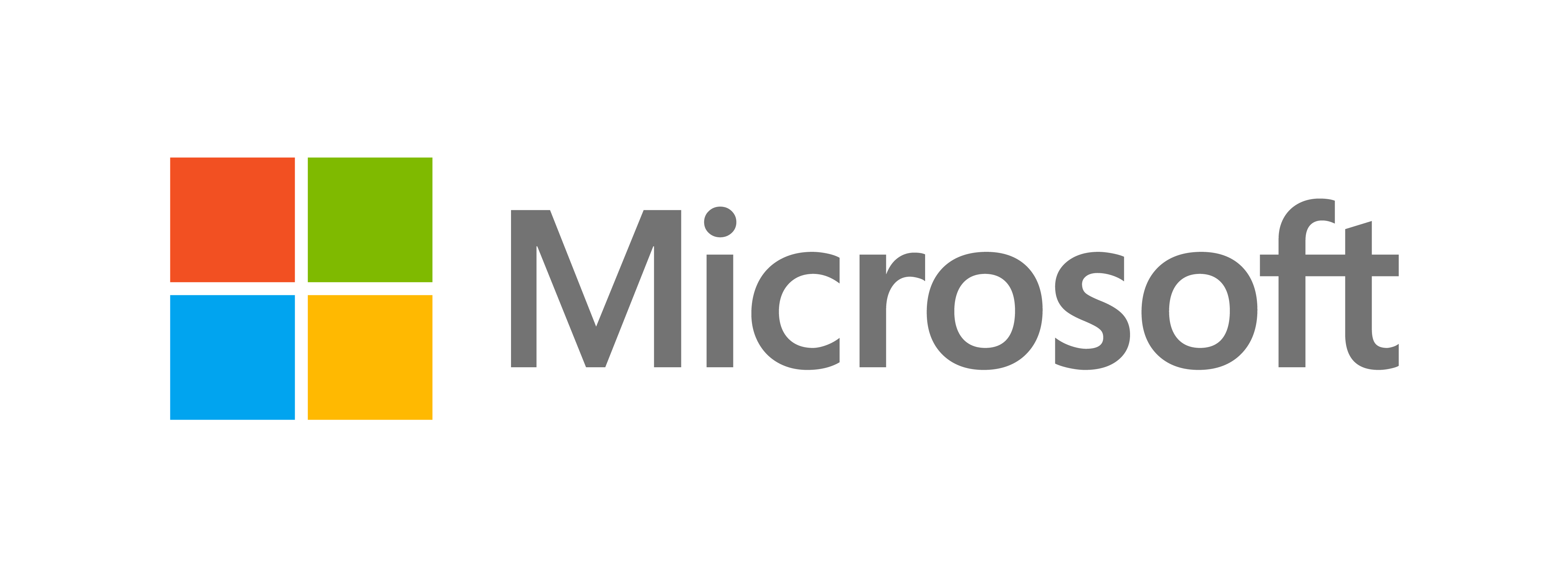US electric utilities are set to spend nearly $208 billion on the power grid in 2025 and more than $1.1 trillion over the next five years, according to the Edison Electric Institute. The surge in investment reflects rising demand from data centres, artificial intelligence, and wider electrification across the economy.
EEI data shows that investor-owned utilities spent $765 billion on capital projects in the five years to 2024. The new spending represents a significant increase and is aimed at upgrading and expanding infrastructure to keep pace with the accelerating demand for electricity.
The growing investment comes as demand from energy-intensive technologies continues to rise. Data centres and AI workloads are driving sustained growth in US power consumption, placing unprecedented pressure on existing infrastructure and prompting utilities to scale up their spending plans.
David Weeks, supply chain industry practice lead at Moody’s, warned that the escalating energy crisis could become a limiting factor across multiple industries. He said grid constraints and permitting delays must be factored into corporate supply chain strategies to avoid future disruptions.
As electrification spreads across the economy, grid reliability and capacity are becoming critical considerations for companies. The planned investment underscores the urgency of modernising the power grid to support economic growth while adapting to new technological demands.
Would you like to learn more about AI, tech, and digital diplomacy? If so, ask our Diplo chatbot!










